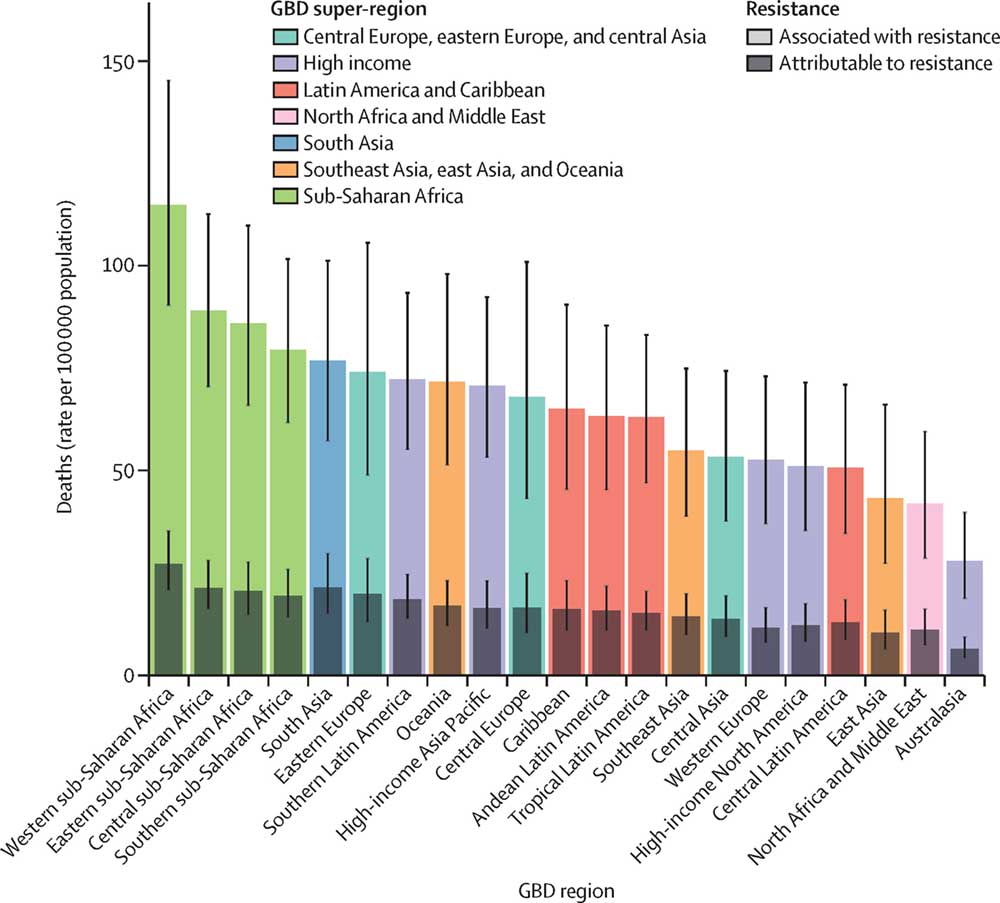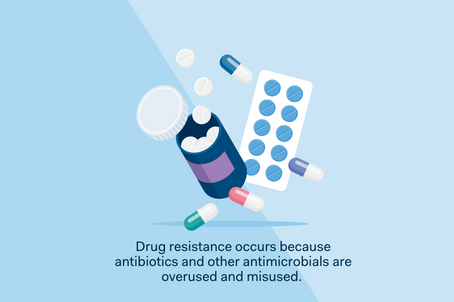His Majesty King Charles III’s Goverment, The United Kingdom (UK) has given Malawi, its former colony, £3 million (approximately about K6.4 billion, to support the south-east African country fight against Antimicrobial Resistance.
Through the Fleming Fund Grant, the UK has furnished Malawi with a total sum of K6.4 billion to go towards establishing top of the range laboratories, modern high-tech disease surveillance systems and to tackle antimicrobial resistance (AMR) to save lives.
Announcing the grant, British High Commissioner Fiona Ritchie Speaking on Monday in Malawi’s capital Lilongwe, said: “Antimicrobial resistance is a global threat killing a lot of people in almost every country and it needs concerted efforts to address.

“The Fleming Fund is designed to tackle antimicrobial resistance. As a result of drug resistance, antibiotics and other antimicrobial medicines become ineffective, and infections become difficult or impossible to treat.”
Ritchie described antimicrobial resistance as really a big global challenge.
She said: “We know every country is affected. We believe it is killing over 1.7 million people annually.
“That’s more than HIV and Aids and malaria. We absolutely have to work in partnership to tackle this huge problem.”
Health minister Khumbize Kandodo-Chiponda receiving the donation, thanked the UK Government for the support, saying Malawi intends to transfer lessons learned in the HIV, Tuberculosis and malaria management to AMR containment which is a health systems challenge.
Kandodo-Chiponda said the Malawi AMR Strategy is aligned with the Malawi Growth and Development Strategy III and the country’s long-term development agenda, Malawi 2063.
“We have long concluded that there is no alternative to One Health framework to contain AMR, global health threats, and emerging Zoonotic diseases,” she said.
Added the minister: “The One Health approach ensures better utilisation of resources and government coordination.”
The Flemming Fund is the world’s single largest official development assistance investment in global AMR surveillance.

Antimicrobial resistance is a growing threat that is exacerbated by overuse of antibiotics – as well as poor waste management and climate change.
In 1928, Alexander Fleming discovered the first antibiotic, penicillin, and by the 1930s, the first antibiotics had become commercially available.
Now, less than 100 years later, we are facing a health crisis as many drugs we have commonly used are no longer effective, and we struggle to find new treatments to combat infections.
Antimicrobial resistance (AMR) has been described as “one of the biggest threats to global health, food security, and development today”, but what exactly is it, and why does it pose such a problem?
So, what is antimicrobial resistance?
Antimicrobial resistance (AMR) occurs when microbes – bacteria, fungi, parasites, and viruses – evolve over time so that antimicrobial drugs that previously worked against them are no longer effective.
As a result of this drug resistance, infections spread and become harder to treat.
Antimicrobial resistance (AMR) is a growing global threat to health and wellbeing.
The World Health Organization has stated that AMR is one of the top 10 global public health emergencies we are facing.

AMR was associated with 4.95 million deaths in 2019, and a reported 1.27 million people died as a direct result of drug-resistant infections.
This number could reach ten million, and AMR could cost a cumulative $100 trillion of economic output by 2050 without collective action.
Antimicrobial resistance also causes a strain on health systems.
Many studies have demonstrated the financial consequences of AMR, including extremely high healthcare costs due to an increase in hospital admissions, longer hospital stays, more intensive care units and isolation beds, and expensive, intensive therapy.

Healthcare professionals are also forced to use less conventional antibiotics or a combination of different antibiotics to treat these infections, which are usually more expensive and which could also have serious side effects.
Furthermore, according to the FAO, if the issue of AMR is not addressed urgently, tens of millions more people will be forced into extreme poverty, hunger, and malnutrition.
“Antimicrobial resistance is a global threat.”
Fiona Ritchie
British High Commisioner in Malawi



